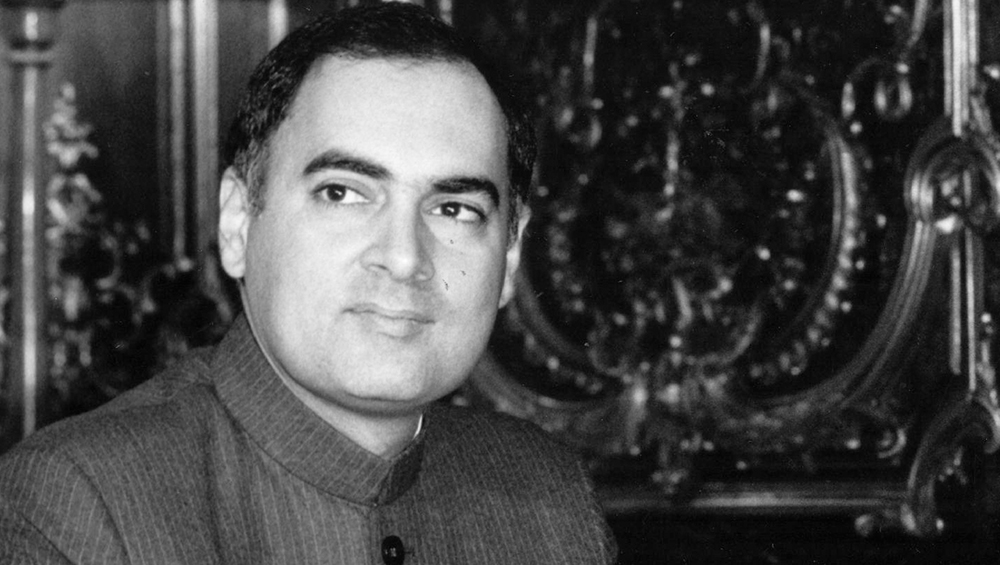Rajiv Gandhi 29th Death Anniversary: Facts to Know About India's Late Former Prime Minister
Rajiv Gandhi's assassination had left the nation in a state of shock. Rajiv was the second member of the Nehru-Gandhi family to be killed by extremists within a span of seven years. He died at the young age of 44. The day of his assassination is observed as National Anti-Terrorism Day.

New Delhi, May 21: On this day in 1991, India's former Prime Minister Rajiv Gandhi was killed in a terrorist attack. He was assassinated in an explosion carried out by an LTTE militant. His demise left a huge vacuum in the nation's leadership. Even after nearly three decades following the tragic demise, Rajiv Gandhi continues to remain a symbol of inspiration for scores of youth in the nation. Here are the facts to know about Rajiv Gandhi on his 29th death anniversary.
- Rajiv Gandhi was born on August 20, 1944 -- three years before India achieved its independence in a struggle which saw his grandfather Jawaharlal Nehru playing a pioneer role.
- Rajiv completed his formative education from Doon School in Dehradun, and left for London in 1961 to study mechanical engineer. He returned from abroad in 1970 and joined the Air India as a pilot.
- Before returning to India, Rajiv met the love of his life - Sonia Gandhi - and married her in 1968. Rahul Gandhi and Priyanka Gandhi were born to them in 1970 and 1972, respectively.
- Rajiv Gandhi was reluctant to join politics and focussed on his profession as a pilot. The chain of events that led to him entering politics began with the death of his brother, Sanjay Gandhi. The latter's demise compelled a group of Congress leaders and workers to persistently seek his entry into active politics.
- Mother Indira Gandhi had left the decision on Rajiv whether he wants to take the political plunge. From keeping a fair distance, he began involving himself in limited political activities. The turning point came with the assassination of Indira in 1984, when she was shot dead as an act of revenge against the stern measures taken to counter insurgency in Punjab.
- This prompted Rajiv Gandhi to enter active politics and register the biggest single-party majority victory in the history of Indian electoral system. The Congress, in the 1984 elections, ended up bagging 404 out of the 514 seats.
- His tenure as the Prime Minister tainted at the very onset due to the anti-Sikh pogrom which erupted in Delhi in 1984. His government's thrust on telecommunication and increasing jobs drew appreciation from several quarters.
- The Shah Bano and Bofors case, along with the rising Hindutva tide due to the Ram Janmabhoomi movement, dented his popularity. In 1989, he suffered a rout and former Congressman VP Singh came to power, leading a coalition government with partners of the Left and the Right.
- Within two years, fresh elections were necessitated as defections and withdrawal of supports turned the VP Singh government into a minority. During a public meeting on May 21, 1991, in Sriperumbudur - close to Chennai - an LTTE militant detonated an explosive while approaching towards Rajiv Gandhi.
The assassination had left the nation in a state of shock. Rajiv was the second member of the Nehru-Gandhi family to be killed by extremists within a span of seven years. He died at the young age of 44. The day of his assassination is observed as National Anti-Terrorism Day.
(The above story first appeared on LatestLY on May 21, 2020 07:00 AM IST. For more news and updates on politics, world, sports, entertainment and lifestyle, log on to our website latestly.com).



